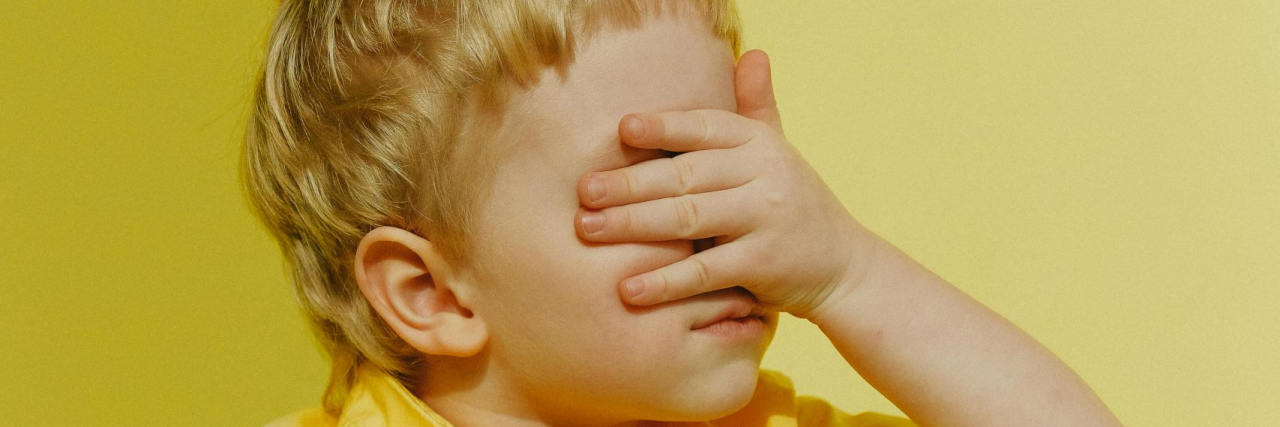12 'Embarrassing' Symptoms of Epilepsy That Deserve Compassion, Not Shame
Epilepsy affects more than 50 million people worldwide, yet it’s still wrapped in stigma and misunderstanding. Seizures themselves are already unpredictable and disruptive — but sometimes it’s the symptoms surrounding them that cause the deepest shame. People with epilepsy may feel self-conscious about what their bodies do during or after a seizure, even though none of it is within their control.
The truth? These symptoms aren’t embarrassing at all. They’re just physical and neurological responses to sudden electrical changes in the brain. What makes them feel “embarrassing” is how others perceive them, not the reality of what’s happening. By naming and normalizing these experiences, we can shift the narrative from shame to compassion.
1. Drooling during a seizure
During a tonic-clonic seizure, muscles tighten and swallowing becomes impossible. Drooling, or even foaming at the mouth, can occur. It looks dramatic, but it’s simply the body’s way of handling saliva when normal control is paused.
Why it’s not embarrassing: It’s not sloppy or “gross” — it’s biology doing its job under unusual circumstances.
2. Losing bladder or bowel control
Loss of muscle control can lead to involuntary urination or, more rarely, bowel release during a seizure. Many people fear this outcome more than the seizure itself.
Why it’s not embarrassing: The body is prioritizing survival, not modesty. Medical teams know this is common and treat it as routine.
3. Making unusual noises
Seizures can trigger sudden cries, groans, or gasps as air is forced past the vocal cords. To bystanders, these noises may sound alarming.
Why it’s not embarrassing: These sounds aren’t intentional — they’re just part of how the nervous system reacts.
4. Falling to the ground
A sudden collapse is often the first thing people notice. Beyond the physical risk, the fear of “making a scene” can weigh heavily.
Why it’s not embarrassing: Safety matters more than appearances. Falling is simply gravity meeting neurology.
5. Uncoordinated movements (automatisms)
Repetitive motions like fumbling with clothes, lip smacking, or fiddling with objects can appear odd. These are called automatisms.
Why it’s not embarrassing: These movements aren’t quirks of personality — they’re signs of brain activity, as automatic as a heartbeat.
6. Staring spells
Absence seizures often look like daydreaming or zoning out. Kids with this type of seizure are especially vulnerable to teasing.
Why it’s not embarrassing: These moments aren’t laziness or distraction — they’re micro-seizures lasting just seconds.
7. Sudden laughter or crying
Gelastic (laughter) and dacrystic (crying) seizures cause bursts of emotion without matching feelings.
Why it’s not embarrassing: Emotions don’t always match neurology. These episodes are rare but deeply misunderstood.
8. Tongue biting
It’s common to wake from a seizure with a bitten or sore tongue. Blood in the mouth can add to the alarm.
Why it’s not embarrassing: It’s not clumsiness — it’s muscle contractions meeting soft tissue.
9. Slurred or jumbled speech
Some seizures, or the recovery that follows, can affect language centers in the brain. Words may come out slurred, repeated, or nonsensical.
Why it’s not embarrassing: This isn’t a reflection of intelligence — it’s a temporary neurological disruption.
10. Postictal confusion
After a seizure, many people feel disoriented, forget where they are, or repeat the same question over and over.
Why it’s not embarrassing: The brain is literally resetting. Confusion is a sign of recovery in progress.
11. Needing to nap in public
The exhaustion following a seizure can be overwhelming. Sometimes sleep is unavoidable, even in busy places.
Why it’s not embarrassing: Rest is a medical need, not a weakness. The body is demanding repair time.
12. Postictal aggression or agitation
Rarely, the recovery period may bring agitation or defensive behavior. This can be misunderstood as intentional anger.
Why it’s not embarrassing: It’s neurological turbulence, not personality. Compassion and calm support are key.
Changing the Conversation Around Epilepsy
These symptoms are natural outcomes of a brain experiencing a seizure. Shame has no place here — but empathy does.
And if you witness someone having a seizure, remember that kindness, not judgment, is what makes the biggest difference.

